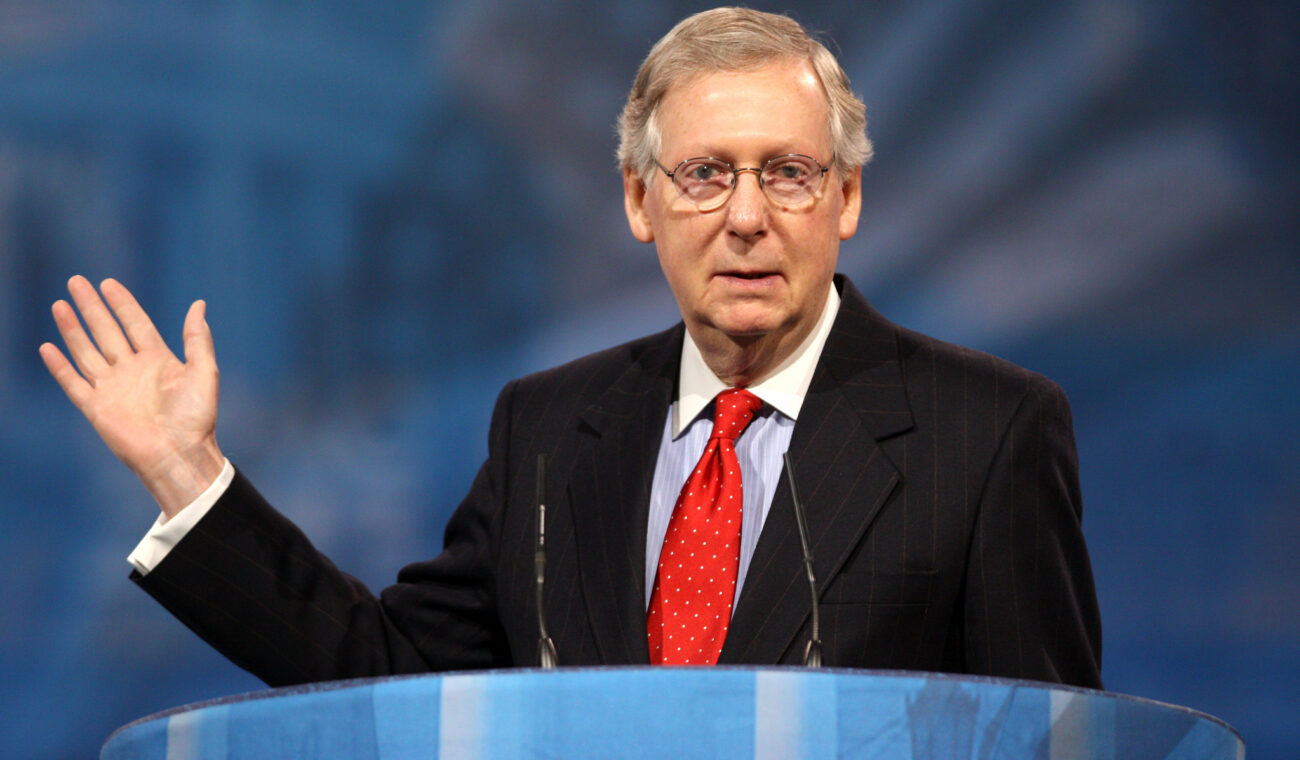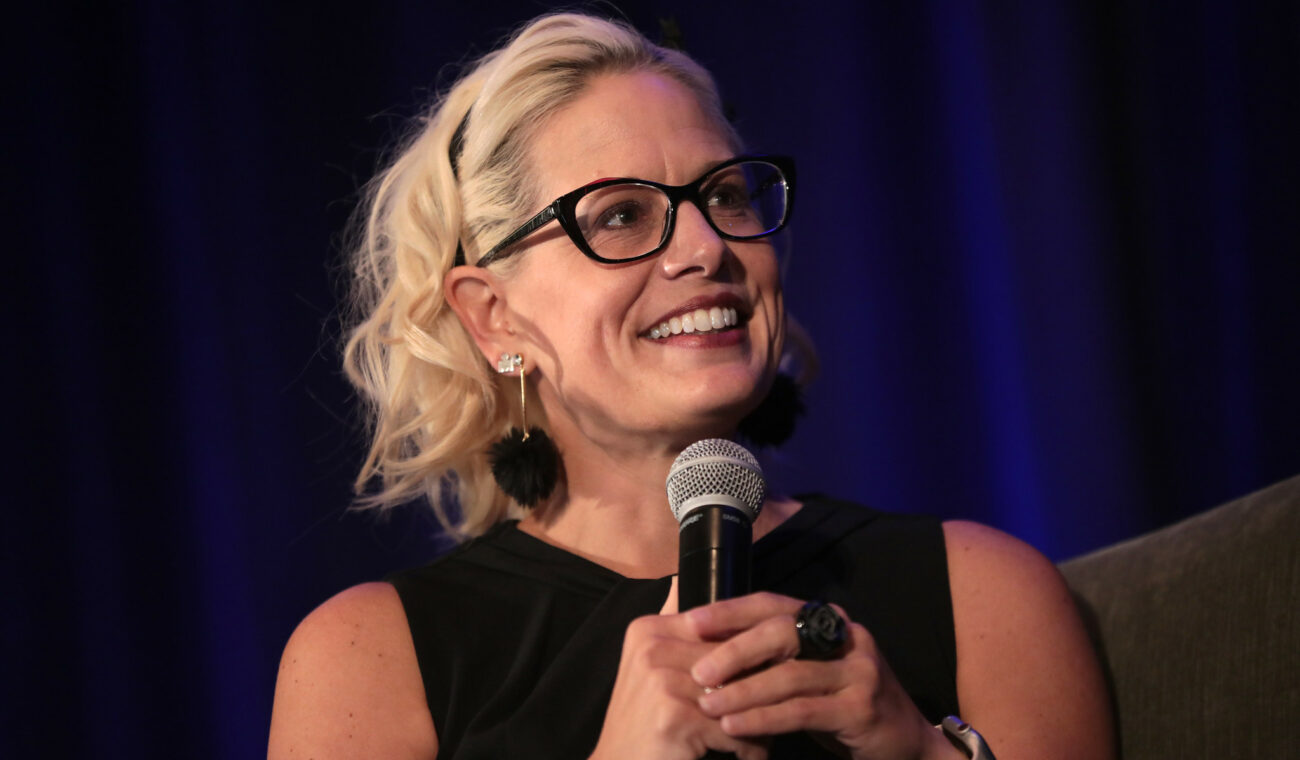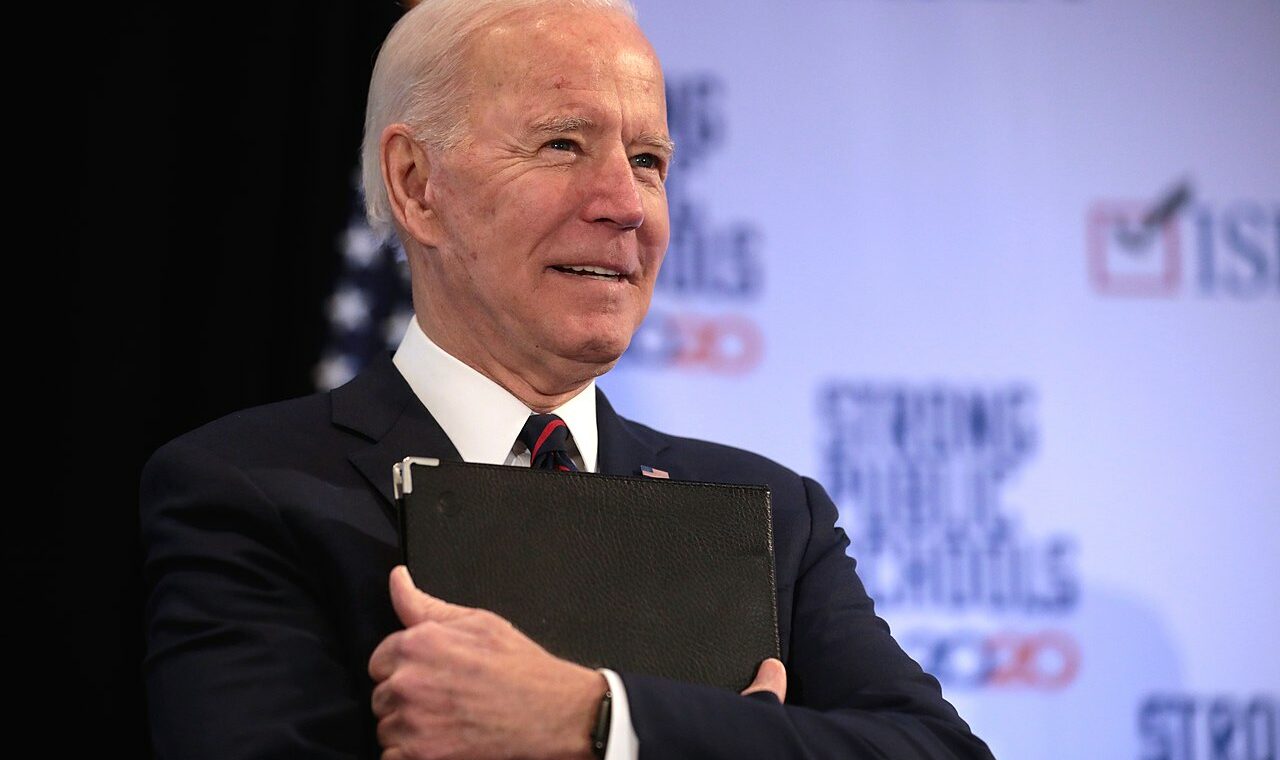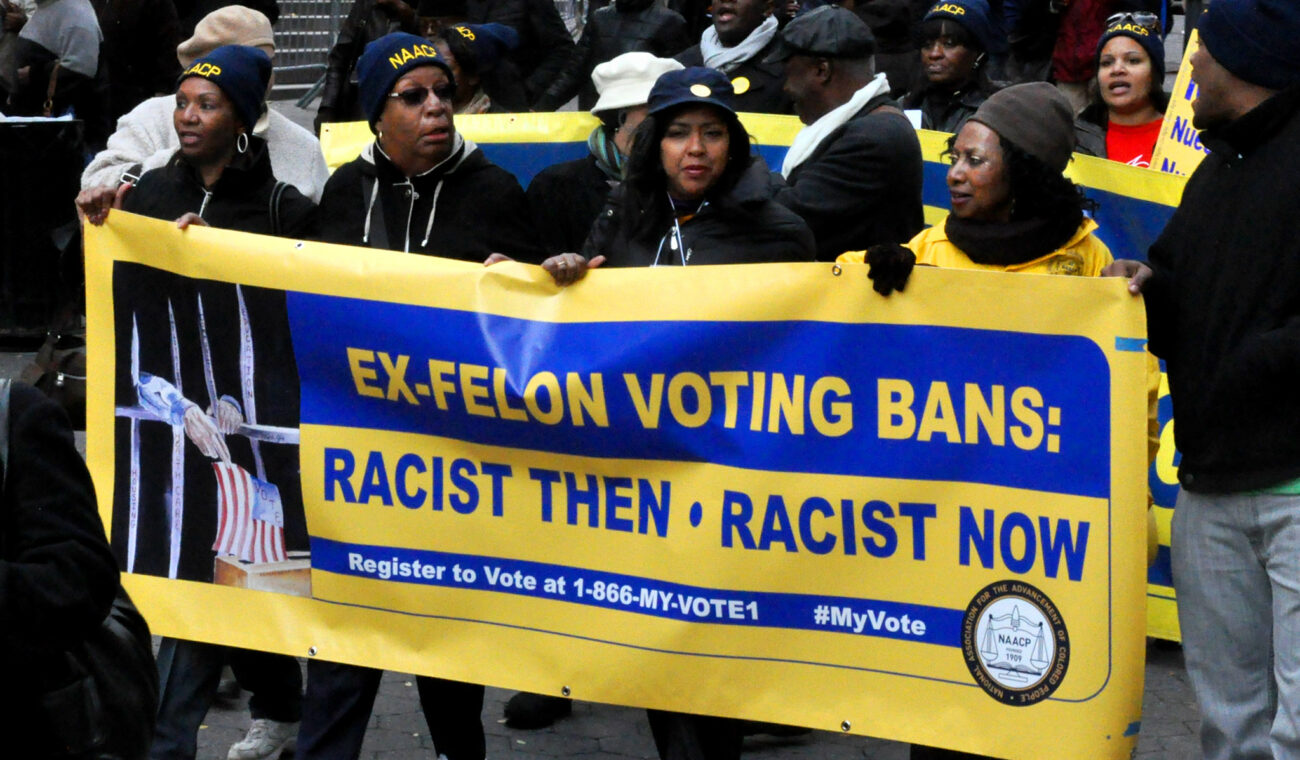Mitch McConnell said Black people show up to vote just as much as ‘Americans’ after the voting rights bill failed in the Senate
Political observers and elections officials have piled criticism upon Senate Minority Leader Mitch McConnell (R-KY) after he downplayed the need for voting rights reform with the words, “African-American voters are voting in just as high a percentage as Americans," suggesting to many that the Senator considers Black Americans to be somehow separate from the American electorate as a whole. Senator McConnell’s words were part of his efforts to justify the defeat of legislation advanced by Democrats and voting rights advocates to expand voter access
NASA leasing bill transformed into voting rights legislation
Under normal circumstances, a bill that has already passed both the U.S. House of the Representatives and the Senate can no longer be subjected to a filibuster if it is sent back to the Senate a second time, even with significant alterations. In an unorthodox move, after receiving an amended bill regarding the leasing authority of the National Aeronautics and Space Administration (NASA) back from the US Senate, Democratic members of the US House have replaced the entirety of the bill’s original language with
Martin Luther King III says history will remember Sen. Kyrsten Sinema ‘unkindly’ for not supporting filibuster reform to pass voting rights
Martin Luther King III, the eldest son of the civil rights icon Martin Luther King, Jr., said that Senator Kyrsten Sinema (D-AZ) is “siding with the legacy of Bull Connor and George Wallace instead of the legacy of my father and all those who fought to make real our democracy.” King’s remarks came after Senator Sinema once again refused to support reform of the filibuster in order to get two voting rights bills past Republican opposition. Voting rights groups such as Voto Latino and
Biden all but concedes defeat on voting, election bills
After an hour-long, private meeting with recalcitrant Democratic Senators, President Biden told members of the press that he remains unsure whether voting rights reform bills can be passed this session. “The honest to God answer is I don’t know whether we can get this done,” Biden admitted. The statement, dispiriting to advocates of voting rights after almost a year of new, restrictive voting laws passing through state houses across the nation, came after freshman Senator Kyrsten Sinema (D-AZ) gave a speech on the Senate
Wisconsin felony disenfranchisement laws deny voting rights long after individuals leave prison
EX-incarcerated People Organizing (or EXPO), an organization of formerly incarcerated citizens in Wisconsin, is preparing to reintroduce a piece of legislation to restore voting rights to the state’s incarcerated upon their release from prison. Currently, more than 63,000 Wisconsinites are denied their right to vote so long as they remain “on paper” - that is, on probation, parole, or under “extended supervision,” which can last for many years and even decades after incarceration. Illinois, Michigan, and Indiana have already passed state laws similar to





